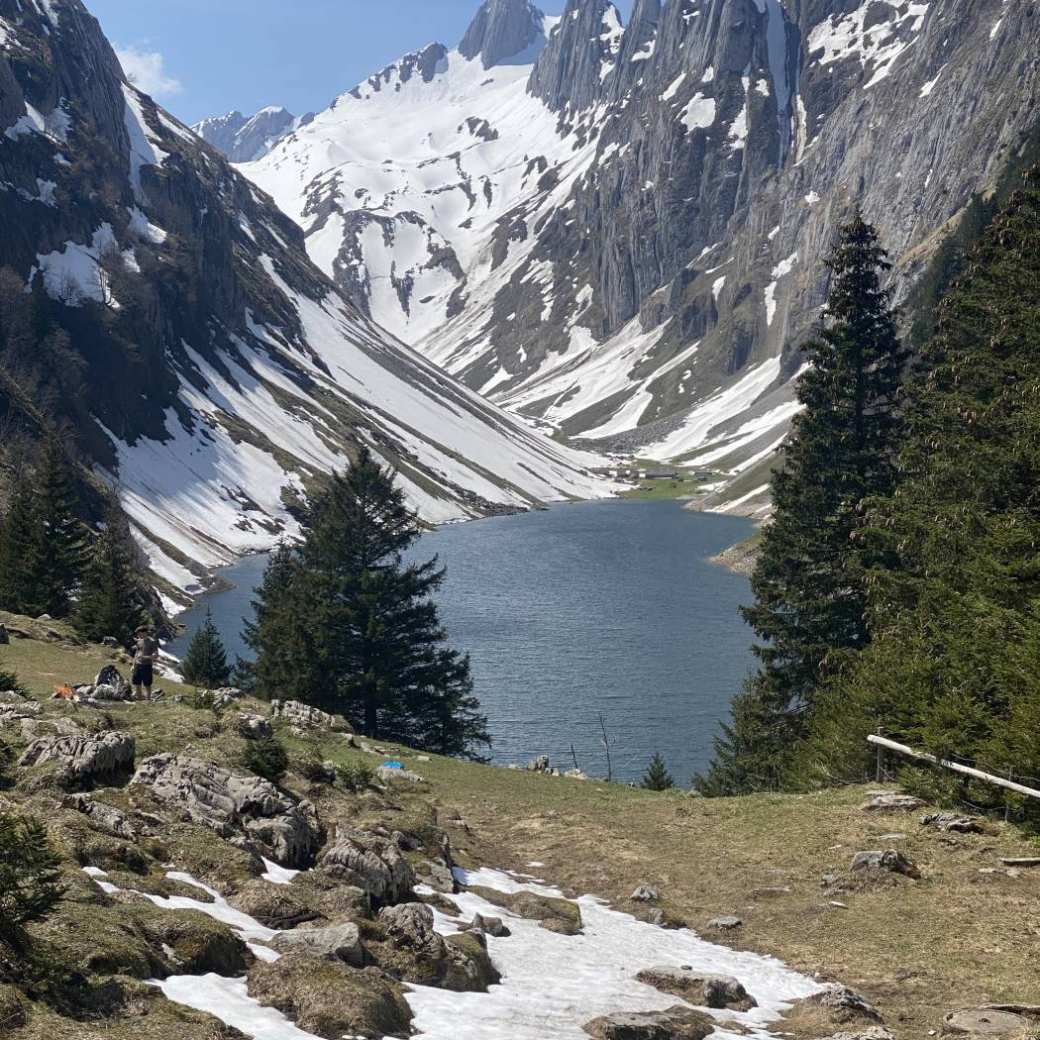Embedded Systems Engineering student scoort een 10 met droomstage bij Thyssenkrupp
Antonios Gkougkoulidis, student Embedded Systems Engineering aan de HAN, heeft onlangs in één jaar zijn stage en afstudeerproject afgerond bij Thyssenkrupp in Liechtenstein. Hij behaalde daarbij het hoogst mogelijke cijfer: een 10! Zijn succesverhaal is niet alleen een persoonlijke mijlpaal, maar ook een inspirerend voorbeeld van de impact van het MOdular REsearch (MORE) project aan de HAN.

Het afstudeerproject van Antonios Gkougkoulidis bij Thyssenkrupp kwam voort uit het MORE-programma. In 2019 vormde Thyssenkrupp’s Modular Research Platform (MRP) de inspiratie voor het MORE-project. Sindsdien zijn ze een trouwe partner en sponsor van kennis en materialen.
Hun waardering voor de slimme en sociale MORE-studenten blijkt uit de succesvolle samenwerking: inmiddels zijn er al 3 afgestudeerden. Recent heeft MORE nog 2 gloednieuwe Bilstein-dempers mogen ontvangen.
Antonios deelde een bijzondere persoonlijke noot: tijdens de coronaperiode had hij het moeilijk, maar de hechte MORE-community hielp hem hier doorheen. Dit maakt zijn prestatie als student Embedded Systems Engineering des te indrukwekkender.

Voor zijn afstuderen bij Thyssenkrupp ontwikkelde hij een simulator voor steer-by-wire-technologie, waarmee hij zijn expertise en toewijding aantoonde. Lees hier zijn essay over deze waardevolle, maar uitdagende ervaring:
